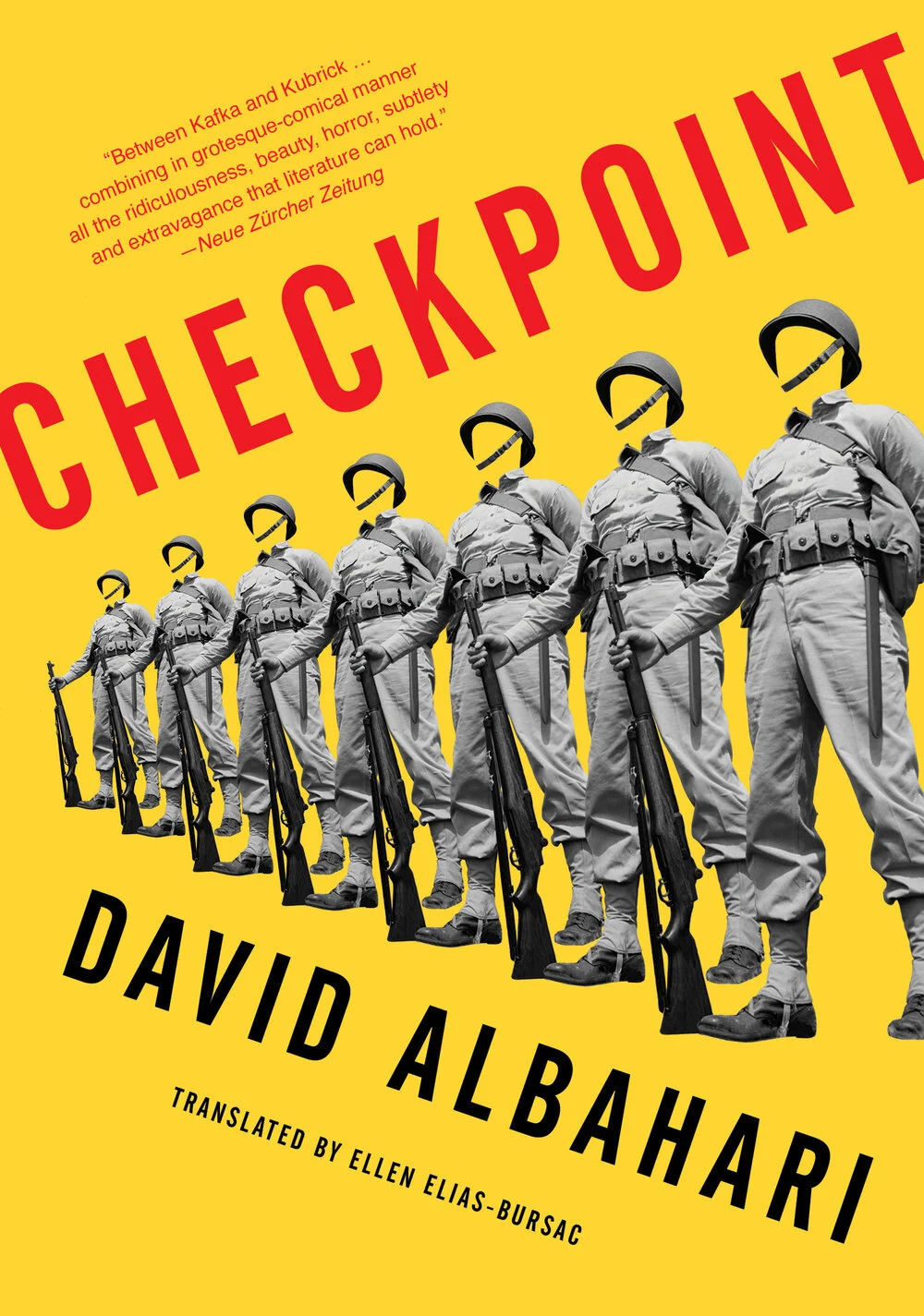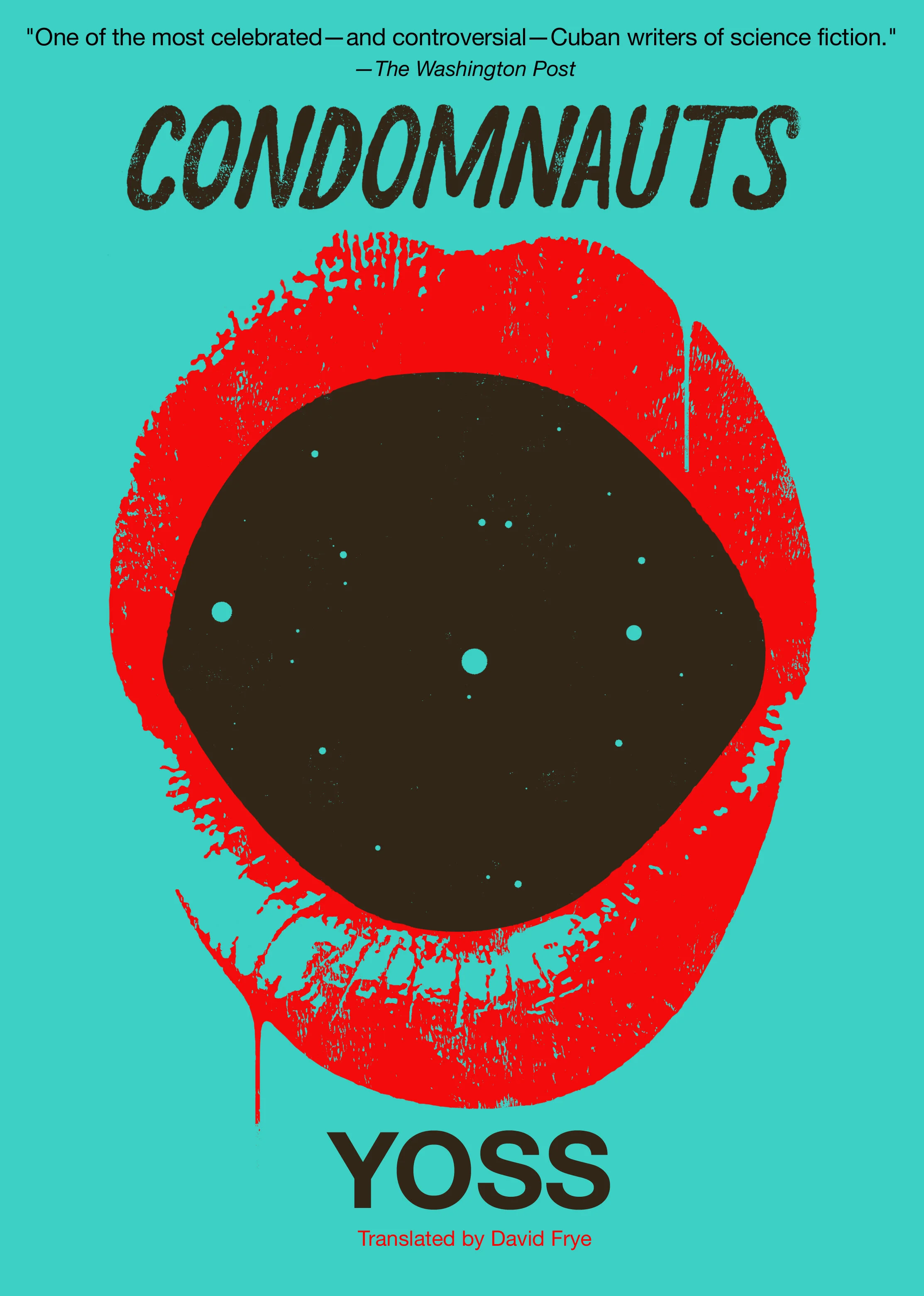Night and Day Discussion Guide
Night and Day Discussion Guide
Download a free reading group guide to Night and Day
by Virginia Woolf
Introduction by Lauren Groff
Illustrations by Kristen Radtke
The 100th Anniversary Edition of Virginia Woolf’s timely, overlooked second novel—a remarkable story of two women navigating the possibilities opened up by the struggle for women’s suffrage—introduced for Restless Classics by bestselling author of Fates and Furies Lauren Groff and illustrated by graphic artist Kristen Radtke.
Paperback • ISBN: 9781632060327
Publication date: Jul 9, 2019
ABOUT THE BOOK
Since its publication in 1919, Virginia Woolf’s second novel has been largely dismissed as “traditional”—but reading the book more closely today shows us just how prescient and unconventional it was. On its surface, Night and Day plays with the tropes of Shakespearean comedy: We follow the romantic endeavors of two friends, Katharine Hilbery and Mary Datchet, as love is confessed and rebuffed, partners switched, weddings planned and cancelled, until we finally arrive at two engagements. But these dramas play out against the first steps of the women’s suffrage movement, as women’s roles in society fitfully started to shift away from charm, subservience, and self-sacrifice toward equal partnership. Ultimately, Woolf’s novel is a subversive challenge to the male-writer establishment of the Edwardian age—Henry James, E.M. Forster, their forebears and successors—that undercuts the unequal gender dialectic on which their plots depend.
The Virginia Woolf of Night and Day is every bit as brilliant, funny, sharp, and imbued with a deep love of language as in her celebrated later works Mrs. Dalloway and To the Lighthouse. What makes Night and Day so remarkable is its devotion to “real life.” As bestselling author of Fates and Furies Lauren Groff writes in her introduction, “Virginia Woolf, in pushing outward in this book toward an articulation of a new and better kind of marriage, doesn’t stop for a moment to try to seduce the reader into loving her characters—she is too fixated on breaking new ground and exploring her ideas.”
This edition, beautifully illustrated by Kristen Radtke, celebrates the 100th anniversary of this key work not only of the Woolf canon, but also of the vital history of feminist literature.
ABOUT RESTLESS CLASSICS
We all have “the list”: those classic books that we have the best intentions of reading, but which, after graduating from school, become less urgent priorities. We've set out to address this problem with Restless Classics—a series of beautifully packaged, newly introduced and illustrated great books from the past that still speak to our time, our place, and, especially, our restlessness. In addition to their original artwork and fresh introductions, Restless Classics brings the classroom experience to the reader with linked online teaching videos.
Find out more at restlessbooks.com/classics.
PRAISE FOR VIRGINIA WOOLF
“If Woolf was better acquainted with profound sorrow than most, she was also, by some mysterious manifestation of will, better than almost anyone at conveying the pure joy of being alive. The quotidian pleasure of simply being present in the world on an ordinary Tuesday in June. That's one of the reasons we who love her, love her as ardently as we do. She knew how bad it could get. And still, she insisted on simple, imperishable beauty, albeit a beauty haunted by mortality, as beauty always is. Woolf's adoration of the world, her optimism about it, are assertions we can trust, because they come from a writer who has seen the bottom of the bottom. In her books, life persists, grand and gaudy and marvellous; it trumps the depths and discouragements.”
—Michael Cunningham, The Guardian
“In her prose, Woolf is one of the great pleasure-givers of modern literature, and her appeal transcends gender.”
—Danny Heitman, National Endowment for the Humanities
“Virginia Woolf is regarded as one of the greatest authors of her time due to her exploration of modernism and feminist narratives, inspiring authors such as Margaret Atwood and Gabriel García Márquez. While Woolf’s pioneering, stream-of-consciousness novels received critical acclaim during her lifetime, she was affected by recurring bouts of mental illness, and died by suicide in 1941.”
—Suyin Haynes, Time Magazine
“Ambitious and innovative, Woolf was a pioneer of modernism whose texts today still entrance academics and readers.”
—Agatha French, Los Angeles Times







by Virginia Woolf
Introduction by Lauren Groff
Illustrations by Kristen Radtke
Restless Classics
The 100th Anniversary Edition of Virginia Woolf’s timely, overlooked second novel—a remarkable story of two women navigating the possibilities opened up by the struggle for women’s suffrage—introduced for Restless Classics by bestselling author of Fates and Furies Lauren Groff and illustrated by graphic artist Kristen Radtke.
Paperback • ISBN: 9781632060327
Publication date: Jul 9, 2019